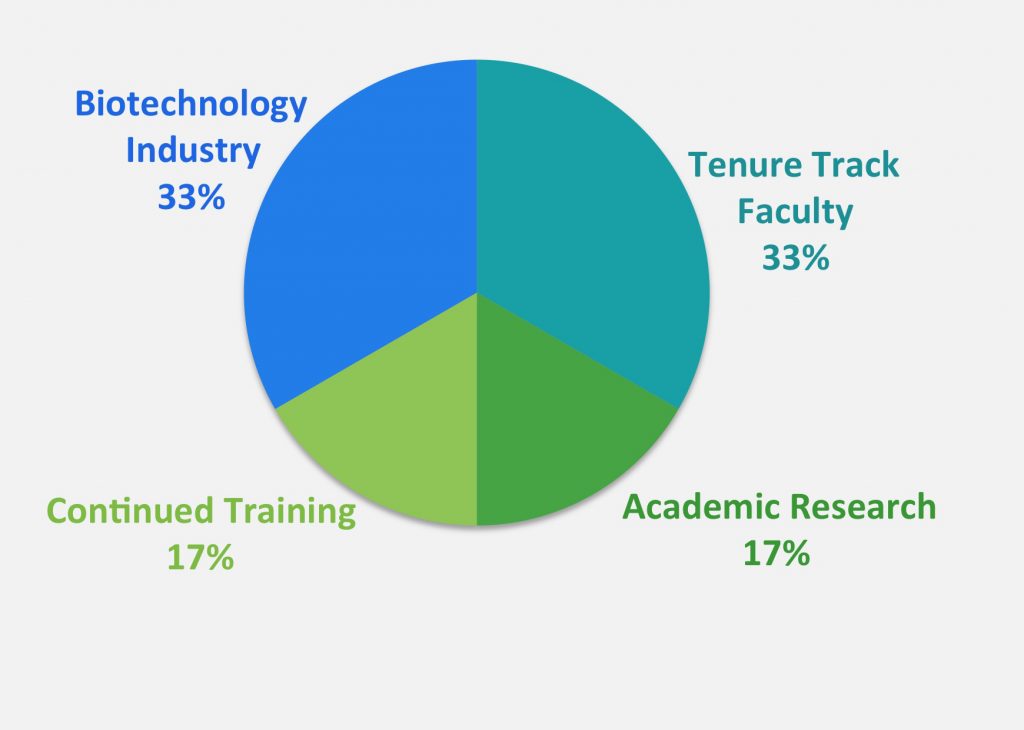Diversity
Diversity at NCSU: NC State University is committed to increasing diversity and and providing an inclusive environment to students in graduate programs. The Office for Institutional Equity and Diversity is committed to the inclusive, accessible, and diverse intellectual atmosphere on campus. The Graduate School, which helps facilitate the distribution of MBTP training grant support also provides diversity programs to enhance the graduate student population. Additionally, the campus Disability Resource Office provides assistance to both students and departments to promote and provide accommodations to make courses accessible to all students.
MBTP Research Excellence Through Diversity: The MBTP promotes excellence in education through diversity. All qualified individuals are encouraged to apply for graduate studies in the departments or programs of interest. Students enrolled in relevant PhD programs may choose training in the laboratory of an MBTP trainer, and thus be eligible for nomination. The Biotechnology Program provides an accessible environment for all students both in our computer lab/lecture space and newly renovated teaching laboratory space.
In addition to campus-wide efforts by the NC State Graduate School to promote recuritment and retention of trainees from diverse groups, MBTP makes specific efforts to recruit URMs. A sub-committee of the MBTP Executive Committee spearheads the effort to advertise the training program to the life science community and to identify potential trainees. For example, this year representatives of the program attended and promoted MBTP at national conferences for organizations including: The Native American Science and Engineering Society (AISES), the Society for the Advancement of Chicanos/Hispanics and Native Americans in Science (SACNAS), and the Annual Biomedical REsearch Conference for Minority Students (ABRCMS).
Percentage of number of URMs and students with disabilities in the program and graduated: Among trainees who are active or have completed the program, 61% of URMs and students with disabilities have attained their PhD’s. The remaining 29% are still in training.
Career placement:
